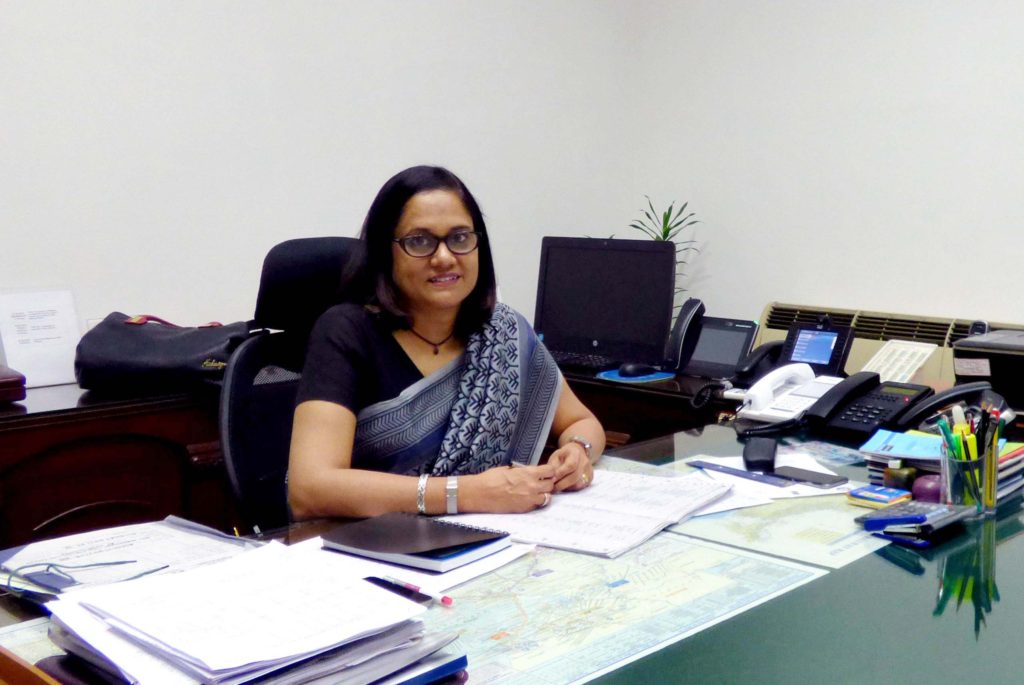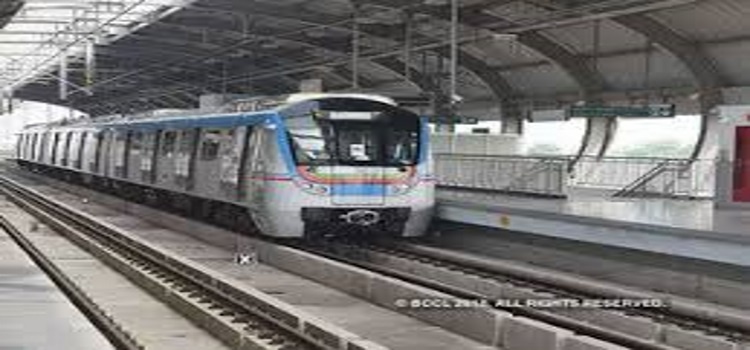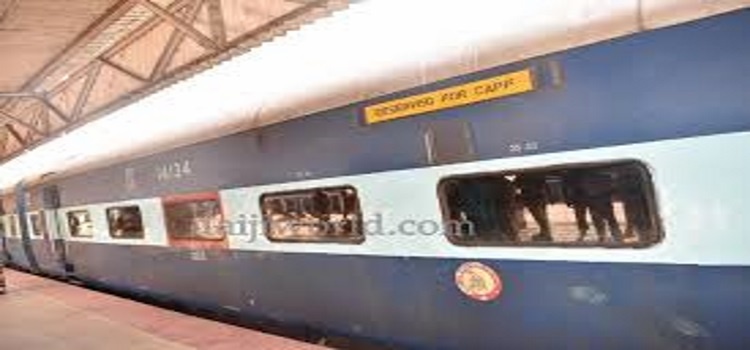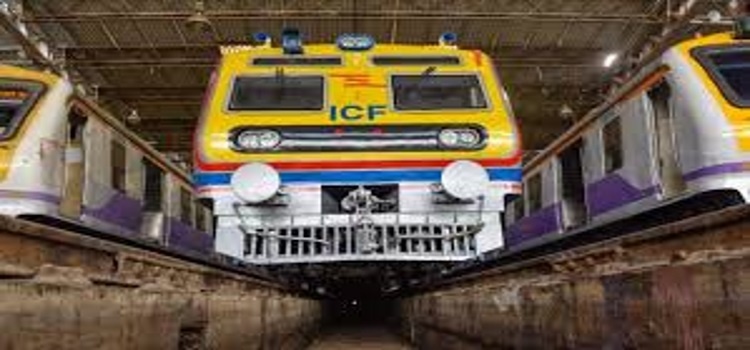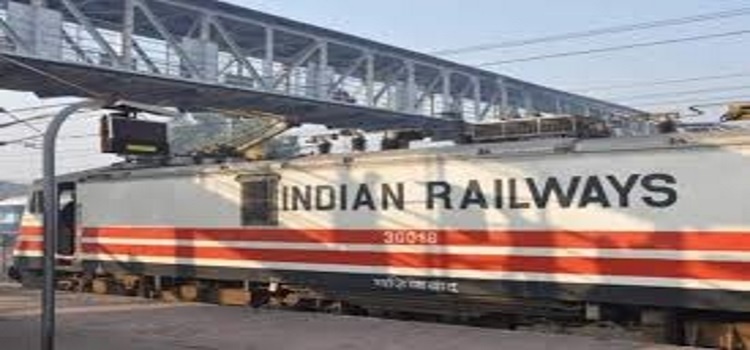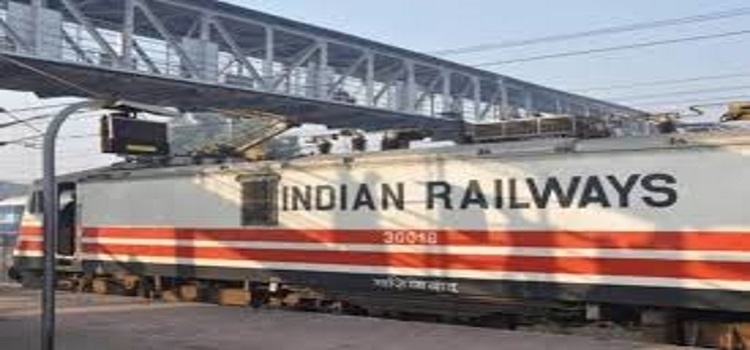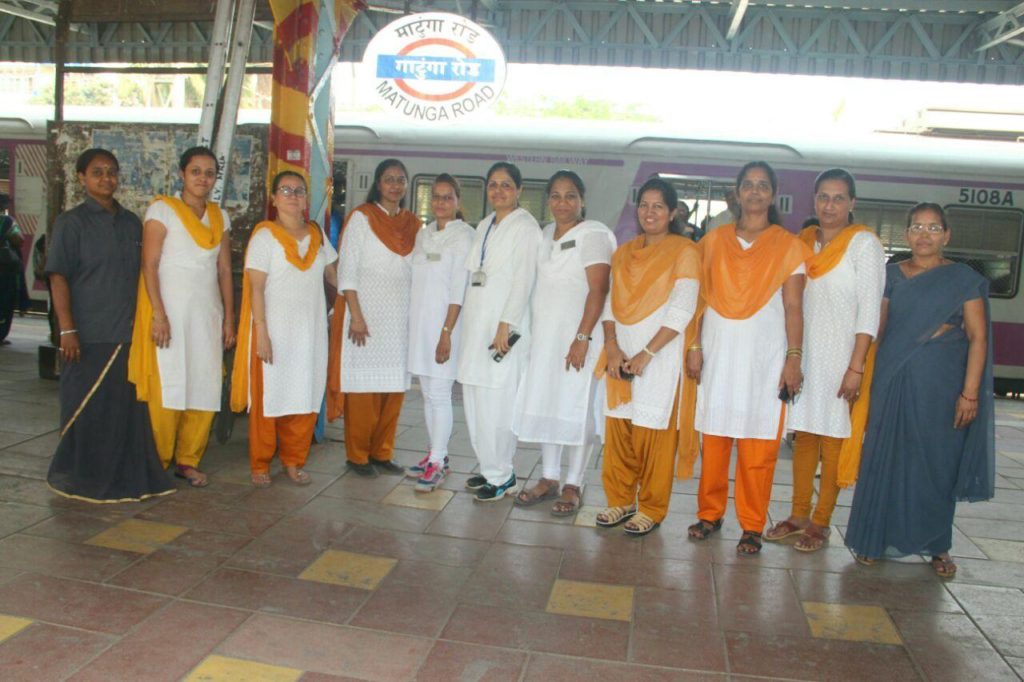
5 मई, 1992 को मुंबई उपनगरीय खंड पर विश्व की पहली लेडीज़ स्पेशल परिचालित करने का विशेष श्रेय हासिल करने वाली पश्चिम रेलवे 8 मार्च, 2018 को अपनी बहुमूल्य महिला यात्रियों और अपनी समर्पित महिला रेलकर्मियों को अंतर्राष्ट्रीय महिला दिवस पर विभिन्न विशेष उपहारों की सौगात प्रदान कर ‘नारी शक्ति’ का उत्सव मनायेगी।
पश्चिम रेलवे के मुख्य जनसम्पर्क अधिकारी श्री रविंद्र भाकर द्वारा जारी प्रेस विज्ञप्ति के अनुसार महिला सशक्तिकरण के सामाजिक विचार को मजबूती प्रदान करते हुए अंतर्राष्ट्रीय महिला दिवस के अवसर पर 8 मार्च, 2018 से पश्चिम रेलवे विभिन्न प्रभावी कदम उठा रही है। इन विशेष प्रयासों में सबसे अनोखा प्रयास यह रहा कि माटुंगा रोड स्टेशन पश्चिम रेलवे का पहला ऐसा स्टेशन बन गया है, जहाँ कार्यरत सभी कर्मचारी महिलाएँ होंगी तथा मुंबई-अहमदाबाद शताब्दी एक्सप्रेस में टिकट चैकिंग स्टाफ में सभी महिलाओं की तैनाती की गई है। साथ ही भारतीय रेलवे पर पहली बार पश्चिम रेलवे महिला कल्याण संगठन द्वारा ऑन बोर्ड महिला यात्रियों की सुविधा के लिए 12951 डाउन मुंबई-नई दिल्ली राजधानी एक्सप्रेस के एक II एसी डिब्बे में सैनिटरी नेपकिन वेंडिंग मशीन विशेष रूप से लगाई गई है।
श्री भाकर ने बताया कि अंतर्राष्ट्रीय महिला दिवस के दिन महिलाओं की सामाजिक, आर्थिक, सांस्कृतिक एवं राजनीतिक उपलब्धियों के लिए विश्व स्तर पर उत्सव मनाया जाता है। यह दिन लैंगिक भेद-भाव खत्म करने के लिए भी जाना जाता है। पश्चिम रेलवे ने अपनी महिला रेलकर्मियों को चुनौतीपूर्ण पदों पर तैनाती कर उन्हें प्रोत्साहित किया है। पश्चिम रेलवे अपने बृहद कार्यबल में महिलाओं की प्रतिभागिता एवं उनकी भागीदारी बढ़ाने को हमेशा इच्छुक रही है। अंतर्राष्ट्रीय महिला दिवस मनाते हुए पश्चिम रेलवे ने 8 मार्च, 2018 से मुंबई-अहमदाबाद शताब्दी एक्सप्रेस में सभी महिला टिकट चैकिंग स्टाफ की तैनाती का निर्णय लिया है।
वर्तमान में शताब्दी एक्सप्रेस में ऑन बोर्ड दो महिला टीटीई पहले से ही कार्यरत हैं। धीरे-धीरे यह व्यवस्था अन्य ट्रेनों में भी लागू होगी। महिला सशक्तिकरण के प्रयासों के तहत पश्चिम रेलवे ने माटुंगा रोड स्टेशन पर सभी महिला रेल कर्मियों की तैनाती की है। पश्चिम रेलवे ने वाणिज्य, परिचालन एवं सुरक्षा विभागों के अंतर्गत आने वाले अग्रपंक्ति कर्मचारियों में कुल 31 महिला कर्मचारियों की नियुक्ति की है।
वाणिज्य विभाग ने वाणिज्यिक गतिविधियों केसंचालन के लिए 13 वाणिज्य लिपिकों एवं 3 टिकट जाँच स्टाफ की नियुक्ति की है, वहीं परिचालन विभाग ने 11 परिचालन कर्मियों (स्टेशन मास्टर एवं पॉइंट्समैन) तथा सुरक्षा विभाग ने4 रेल सुरक्षा बल कर्मियों की नियुक्ति की है। ये महिला रेल कर्मी परस्पर मिल-जुलकर माटुंगा रोड स्टेशन पर सम्बद्ध विभाग की गतिविधियों का सुचारु संचालन कर रही हैं।
इनकेअतिरिक्त पश्चिम रेलवे ने रोटरी क्लब ऑफ बॉम्बे क्वीन के सहयोग से माटुंगा रोड स्टेशन के सौंदर्यीकरण की योजना भी बनाई है, जिसके तहत स्टेशन के बुकिंग ऑफिस, स्टेशनसुपरिटेंडेंट ऑफिस तथा पैदल ऊपरी पुलों के आसपास महिलाओं के सशक्तिकरण एवं उनकी विभिन्न क्षेत्रों में भूमिका की संकल्पना पर आधारित चित्रकारी उकेरी गई हैं।
इस तरह माटुंगारोड पश्चिम रेलवे पर इस प्रकार का पहला उपनगरीय स्टेशन एवं मुंबई में दूसरा उपनगरीय स्टेशन हो जायेगा, जहाँ कार्यरत सभी कर्मचारी महिलाएँ हैं।
यह भी उल्लेखनीय है कि सुश्री प्रीतिकुमारी पश्चिम रेलवे पर मुंबई उपनगरीय खंड की लोकल ट्रेन चलाने वाली पहली मोटर वुमन हैं, जो वर्तमान में भी आनी सेवाएँ दे रही हैं।
पश्चिम रेलवे अपने महिला यात्रियों का विशेष ख़याल रखती है तथा उनके सफ़र को सुरक्षित एवं आरामदायक बनाने के लिए प्रतिबद्ध रही है। भारत की पहली वातानुकूलित लोकलइन दिनों पश्चिम रेलवे के उपनगरीय खंड पर दौड़ रही है तथा पश्चिम रेलवे ने महिला यात्रियों को विशेष उपहार के तौर पर महिला डिब्बे को जीवंत हरे रंग से पेंट कर रेखांकित किया है
यह रंग पर्यावरण का प्रतीक है तथा गेटवे ऑफ इंडिया और वर्ली स्थित समुद्री लिंक के चित्र इसके साथ चित्रित किये गये हैं। मुस्कुराती महिला एवं रंग-बिरंगी रूप से चिह्नित किये गयेडिब्बों को महिलाओं के लिए आरक्षित डिब्बों के रूप में पहचानने में आसानी होती है। एक अन्य उपलब्धि के तहत भारतीय रेलवे पर पहली बार पश्चिम रेलवे महिला कल्याण संगठन द्वारा ऑन बोर्ड महिला यात्रियों की सुविधा के लिए 12951 डाउन मुंबई-नई दिल्ली राजधानी एक्सप्रेस के II एसी डिब्बे में सैनिटरी नेपकिन वेंडिंग मशीन विशेष रूप से लगाई गई है। अब इस ट्रेन की ऑन बोर्ड महिला यात्री पाँच रुपये का सिक्का डालकर इस ऑटोमेटेड वेंडिंग मशीन के माध्यम से एक बार में एक पैड प्राप्त कर सकेंगी।
रेलवे बोर्ड ने वर्ष 2018 को महिला यात्री सुरक्षा वर्ष के रूप में घोषित किया है। महिला यात्रियों की सुरक्षा पश्चिम रेलवे की पहली प्राथमिकता है। पश्चिम रेलवे ने उनके चेहरों पर मुस्कान लाने के लिए सीसीटीवी कैमरे, आपातकालीन परिस्थितियों में गार्ड से सम्पर्क के लिए महिला डिब्बों में टॉक बैक प्रणाली इत्यादि कदम उठाये हैं। अखिल भारतीय सुरक्षा हेल्प लाइन नम्बर 182 के प्रयोग के पूरक के रूप में तथा प्रभावी, विश्वसनीय एवं रियल टाइम संवाद के लिए आईवॉच रेलवे ऐप की मुंबई उपनगरीय खंड पर चर्चगेट से विरार के बीच शुरुआत की गई। यह लोकेशन वीडियो तथा ऑडियो को तुरंत भेज देता है, जिसे मुंबई सेंट्रल स्थित आरपीएफ कंट्रोल रूम के इमरजेंसी रिस्पॉन्स कंट्रोल सिस्टम में तुरंत देखा जा सकता है। पश्चिम रेलवे ने उपनगरीय खंड के यात्रियों की सुरक्षा विशेषकर महिला यात्रियों के साथ-साथ प्लेटफॉर्मों पर भीड़ नियंत्रण के लिए आरपीएफ के प्रयासों के पूरक के तौर पर हाल ही में महाराष्ट्र स्टेट सिक्योरिटी कॉर्पोरेशन के 232 कर्मियों तथा 97 लेडीज होमगार्डों की हाल ही में अपने सुरक्षा बल में शामिल किया है। इस प्रकार पश्चिम रेलवे के उपनगरीय प्रणाली पर महिला सुरक्षाकर्मियों की संख्या दुगुनी हो गई, जिससे महिलाओं में रोजगार के अवसर पैदा हुए हैं। पश्चिम रेलवे की महिला खिलाड़ियों ने भी विश्व स्तर पर नाम कमाया है। पश्चिम रेलवे की चार महिला हॉकी खिलाड़ी नौवीं महिला हॉकी एशिया कप विजेता भारतीय टीम की सदस्य रहीं, जबकि इंग्लैंड में खेले गये महिला क्रिकेट वर्ल्ड कप 2017 में इंग्लैंड के विरुद्ध खेले गये फायनल मैच में भारतीय टीम में पाँच क्रिकेटर पश्चिम रेलवे की रहीं। 5 मई, 1992 को पश्चिम रेलवे ने विश्व की पहली लेडीज़ स्पेशल लोकल ट्रेन परिचालित की और अब इस सेवा का लाभ उठाते हुए महिला यात्रियों को 25 साल से अधिक हो चुके हैं। वर्तमान में पश्चिम रेलवे पर एक दिन में 8 लेडीज़ स्पेशल सेवाएँ परिचालित हो रही हैं, जिन्हें अप एवं डाउन लाइनों पर सुबह एवं शाम के पिक आवर के दौरान समान रूप से बाँटा गया है।
अंतर्राष्ट्रीय महिला दिवस के अवसर पर पश्चिम रेलवे द्वारा चर्चगेट स्थित प्रधान कार्यालय तथा मुंबई सेंट्रल, वडोदरा, अहमदाबाद, राजकोट, रतलाम एवं भावनगर

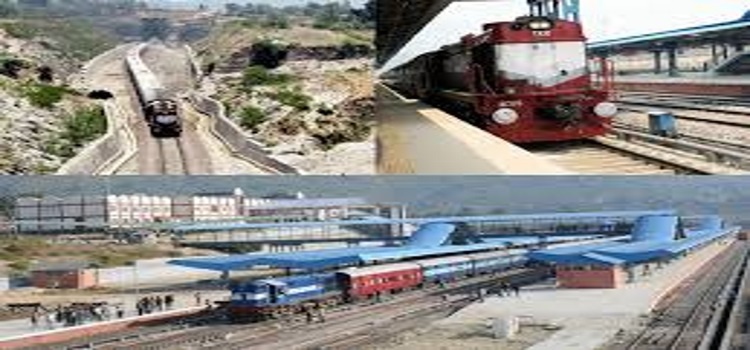
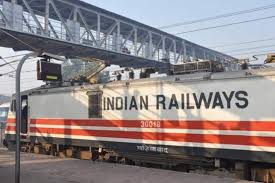
 Railways has decided to provide escalators at all the A1, A & C category stations (footfall 25000 or above). Additionally railways has also planned to provide elevators at 500 more stations. About 3800 disabled friendly Integral Coach Factory (ICF) design coaches are available in the fleet of Indian Railways (IR). These coaches have a suitably designed compartment & toilet adapted to the needs of the disabled/Divyangs. More disabled friendly coaches shall be added to the fleet of IR in the coming years. It is endeavoured to have at least one such ICR design coach in each Mail/Express train running with ICF coaches. Further, the fully air conditioned (WRRMDAC) Garib Rath trains have been provided with an Air conditioned disabled friendly compartment in the power cars.
Railways has decided to provide escalators at all the A1, A & C category stations (footfall 25000 or above). Additionally railways has also planned to provide elevators at 500 more stations. About 3800 disabled friendly Integral Coach Factory (ICF) design coaches are available in the fleet of Indian Railways (IR). These coaches have a suitably designed compartment & toilet adapted to the needs of the disabled/Divyangs. More disabled friendly coaches shall be added to the fleet of IR in the coming years. It is endeavoured to have at least one such ICR design coach in each Mail/Express train running with ICF coaches. Further, the fully air conditioned (WRRMDAC) Garib Rath trains have been provided with an Air conditioned disabled friendly compartment in the power cars.